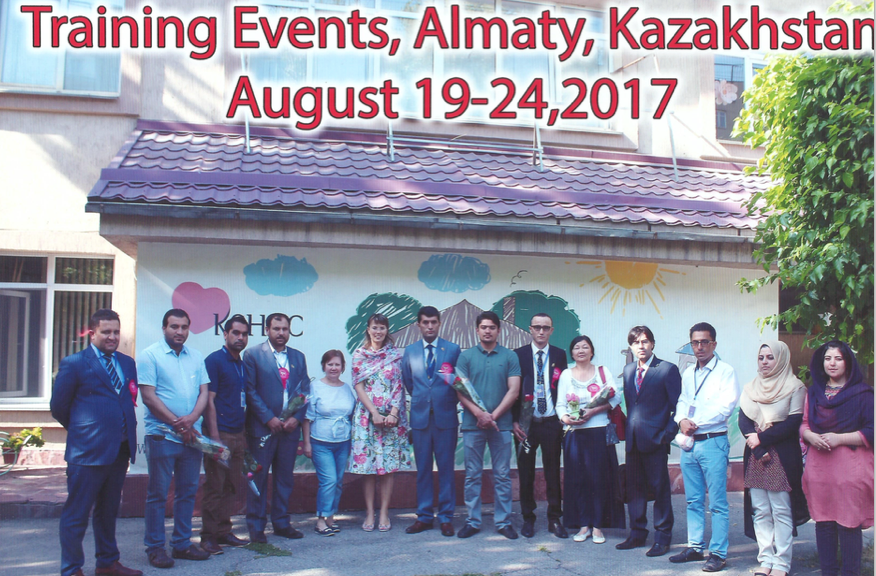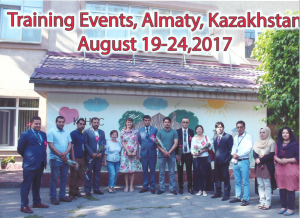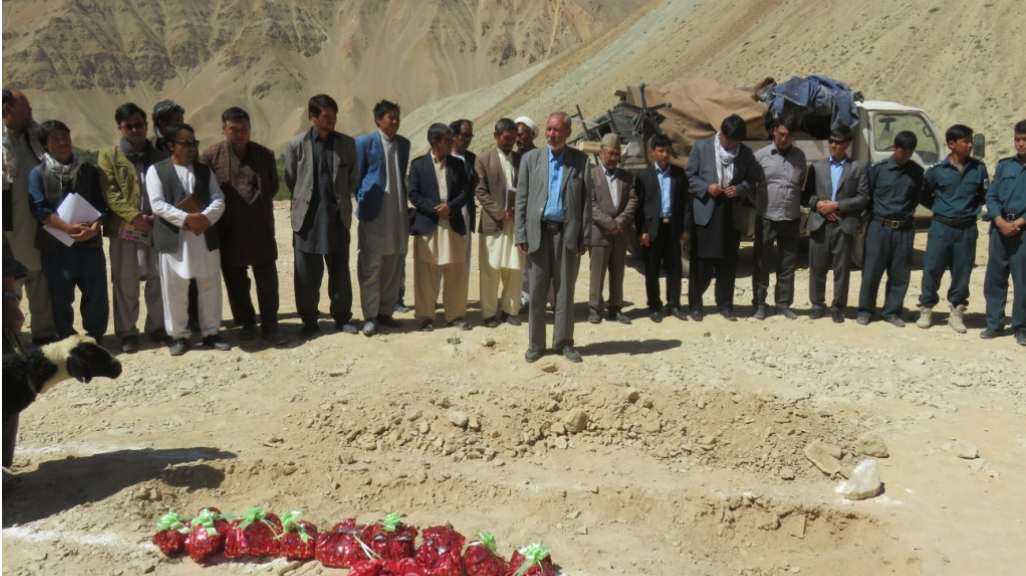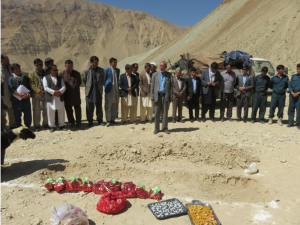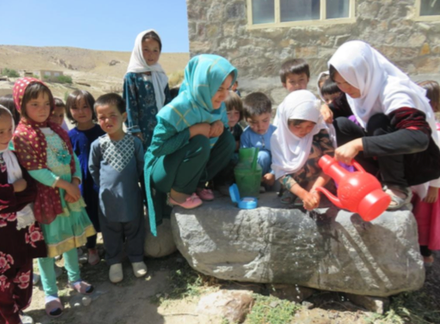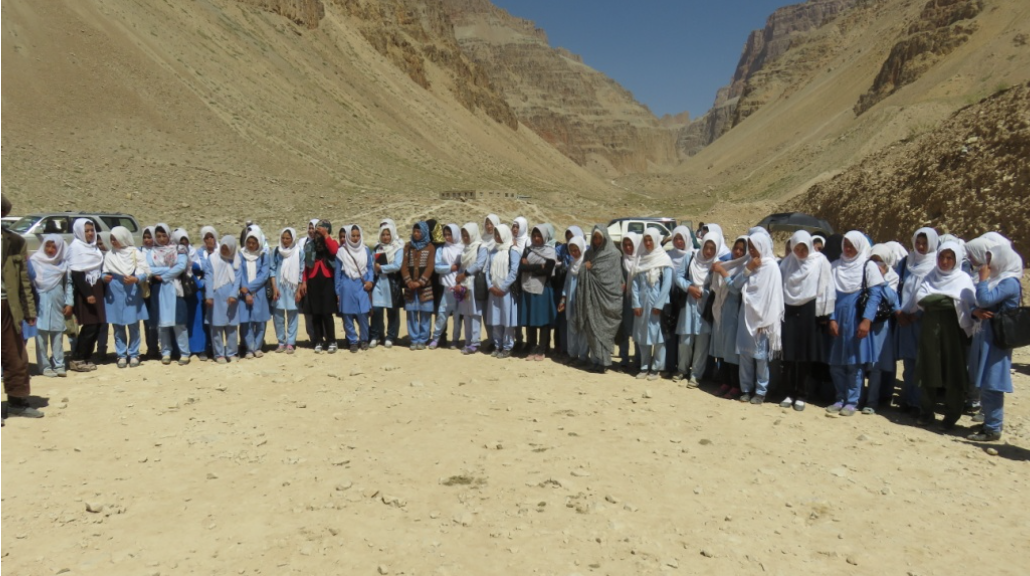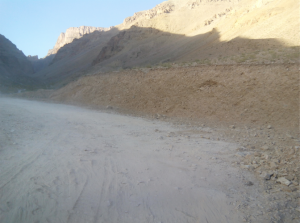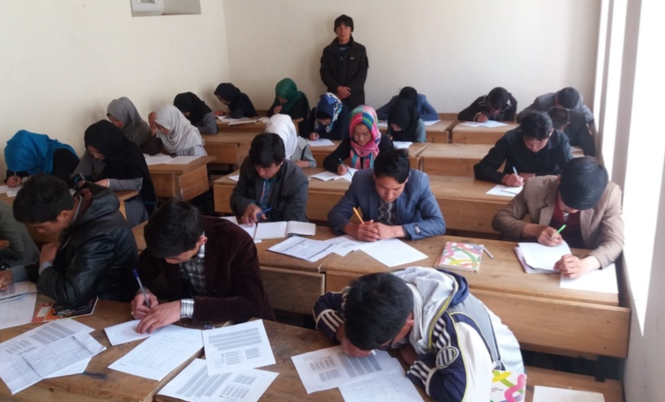Every year Nai Qala supports its staff in their professional development by sending them on training courses relevant to their responsibilities.
In August 2017, Mr. Ali Reza successfully completed a 6-day course on organizational development and leadership in Almaty, Kazakhstan. Congratulations!
After the course, Mr. Ali Reza said: “I am sure it is a good and right investment because human resources are the most important resource in an organization and the organization’s success depends on its human resources“.
In 2016 and 2017 local Nai Qala employees participated in more than 25 courses, offering capacity-building in a wide selection of subjects such as advocacy, human resource management, monitoring and evaluation, human rights, English language skills, hygiene, finance, pedagogy, and training in both Early Childhood Education and Community-Based Education.
In order to strengthen organizational capacity, Nai Qala’s president attended and successfully completed a “Future Leaders Program” course held at Wolfson College, Oxford (England) and got a Certificate of Advanced Studies in Modern Management for Non-Profit Organizations, held at Geneva University (Switzerland).

